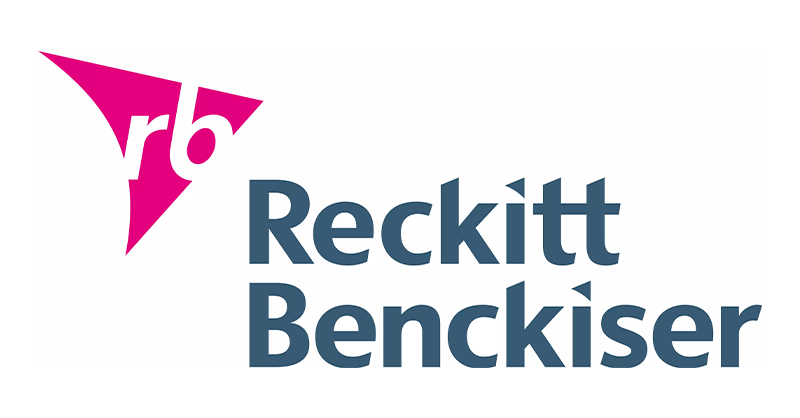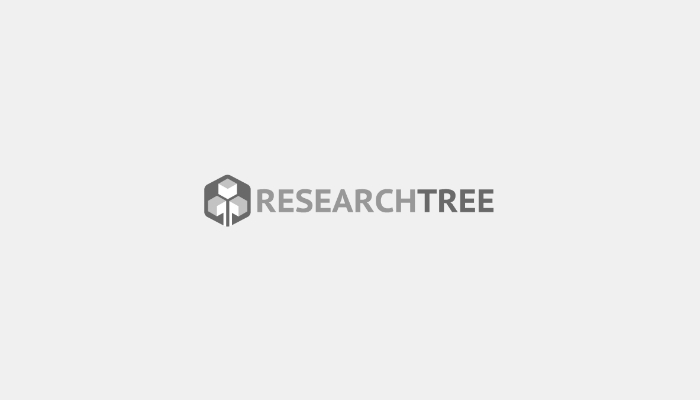Loading...

Reckitt Benckiser Group plc
6,416p
-40.0p
-0.6%
Latest Research

Latest Videos

Latest Company Announcements

Upcoming Events

Latest Transactions

Key Financials

Key Valn Metrics / Ratios

Related Companies
Loading...
Top Section Upper Central Html
To access the html field for mobile you need to change the size of your browser window
Top left section Html - Shows for small and medium
Top left section Html - Show for large
Edit Image

Edit Image

Top right section Html - Show for large
Top right section Html - Shows for small and medium
Feed
0

Sorry an error has occurred click to retry
Most Viewed Research

Most Viewed Media

Key Announcements
Most Viewed RNS

All Upcoming Events
Sorry an error has occurred
Loading...
All Past Events
Sorry an error has occurred
Loading...
All Open Transactions
Sorry an error has occurred
Loading...
All Completed Transactions
Sorry an error has occurred
Loading...


Sorry there isn't any Short Interest Data for this company!
Information taken from FCA Short Interest data. It only includes disclosed interests. All info is indicative. Check data before any investment decision. We cannot guarantee accuracy or completeness, and accept no responsibility for its use. Please note this data only covers disclosed Short Positions and therefore does not generally include positions below the 0.5% threshold.
All previously disclosed short positions in Reckitt Benckiser Group plc (RKT)
| Fund | % Short | Date changed |
|---|---|---|
| Qube Research & Technologies Limited | 0.37 | 18/03/2024 |
| Qube Research & Technologies Limited | 0.58 | 15/03/2024 |